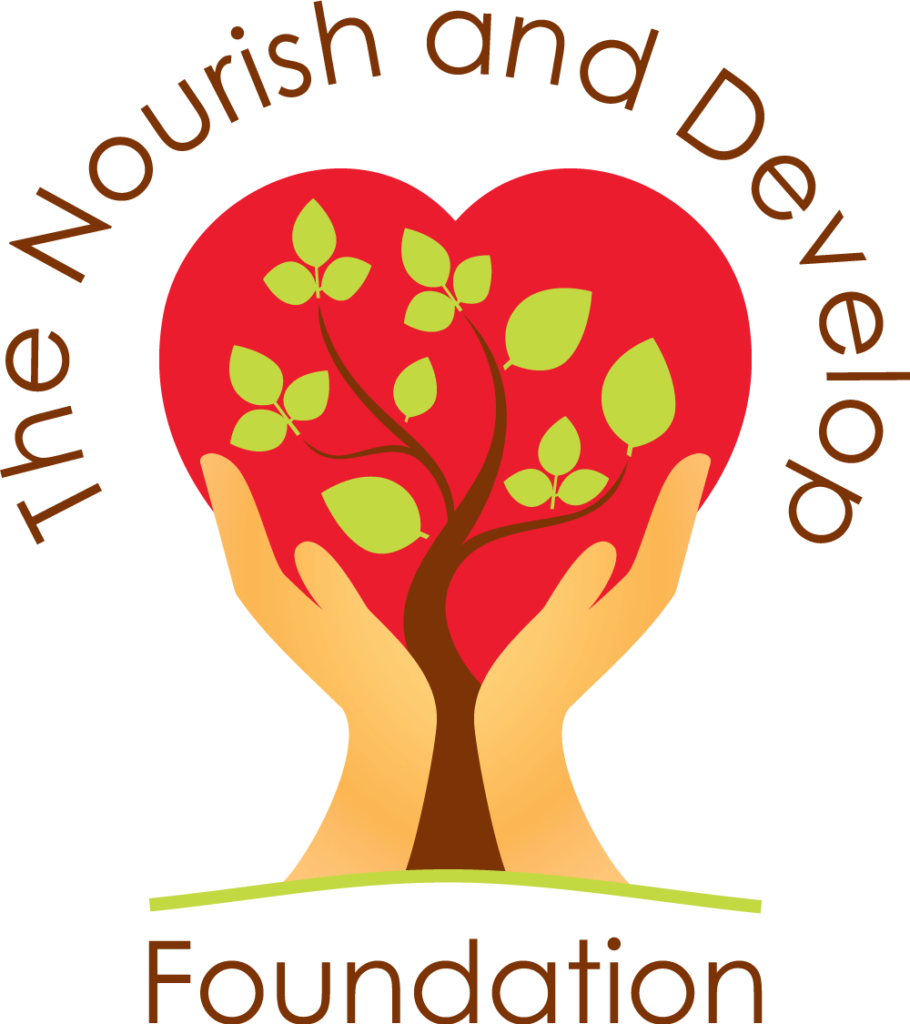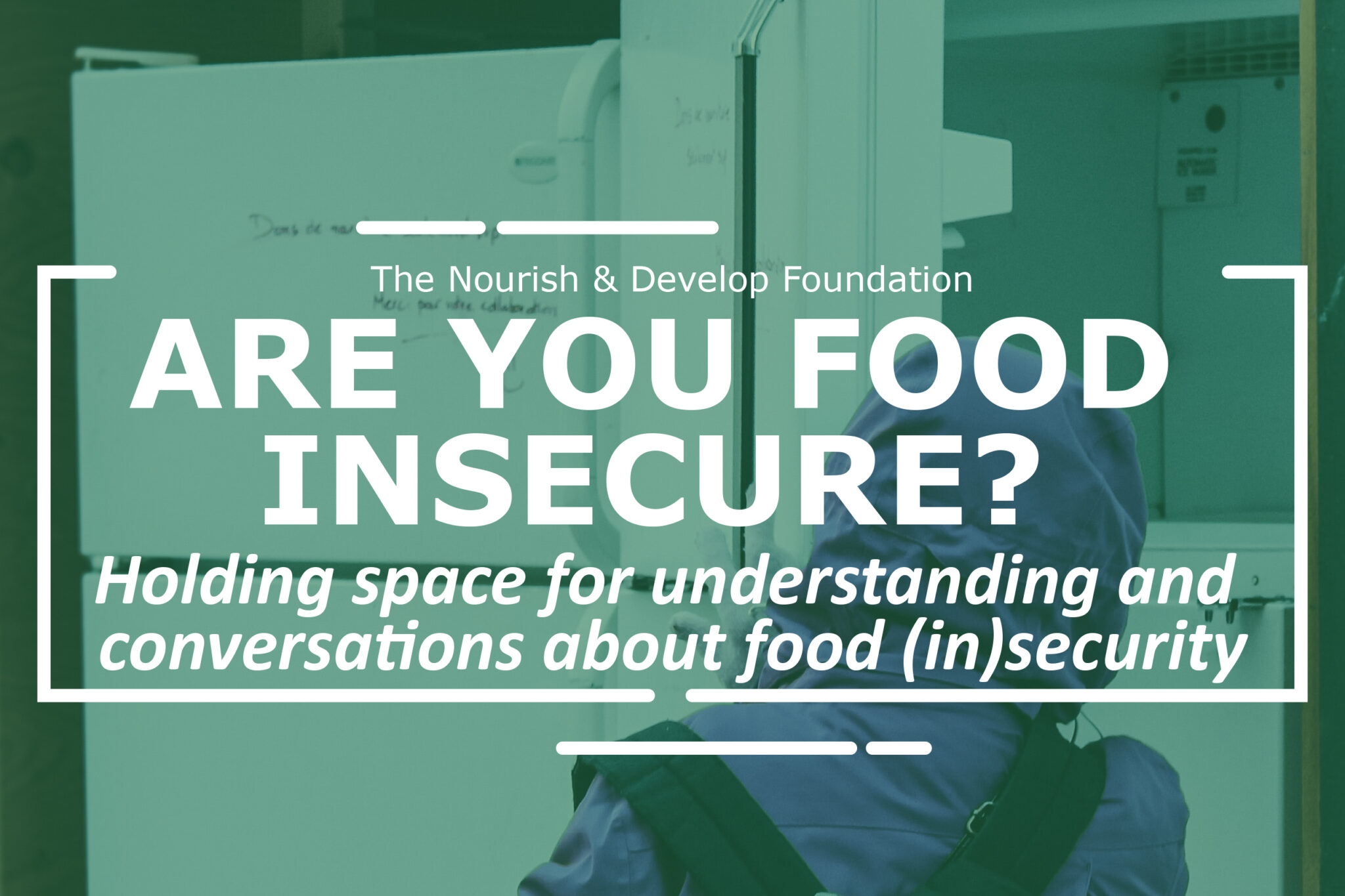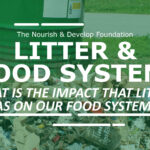Are you Food Insecure? Holding space for understanding and conversations about food (in)security.
At our first Night Market of 2022, we asked community members to participate in a survey to gain insights into if people feel that they understand what it means to be food insecure and if they consider themselves to be food insecure.
Out of 37 survey respondents 23 were food insecure and 14 were food secure.
What was most interesting to us, was that over half (52%) of the food insecure folks didn’t actually realize that they were food insecure.
Based on these results, we thought we’d share some information on what food insecurity is and how the 3 categories are defined.
Generally speaking, food insecurity is defined as inadequate or insecure access to food due to financial constraints. As mentioned above, there are 3 categories of food insecurity:
Marginally food insecure folks are those who often worry about running out of food or who have limited food selection due to a lack of money
Moderately food insecure folks are those who often compromise in the quality and/or quantity of food they eat due to a lack of money
Severely insecure folks are those who often miss meals, reduce food intake, or sometimes go days without food due to a lack of money
On the other hand, food secure folks are those who have consistent physical, social, and economic access to sufficient, safe, and nutritious food that meets food preferences and dietary needs for an active and healthy life.
Identifying and understanding that you fall into one of the categories of food insecurity may feel uncomfortable but having what has historically been taboo conversations about food insecurity at an personal level is helpful for advocating for policy and program changes and for breaking the stigma around what it means to be food insecure. It can help folks struggling to come to terms with accessing food supports by affirming that they are absolutely justified in seeking and receiving help. Conversations like these can also inspire mutual food aid initiatives, which result in community building and self-reliance.
It’s through holding space for these conversations and relationship building that we can change public discourse around food insecurity as a community.
For more information on food (in)security and to see where we sourced our definitions from, please check out https://proof.utoronto.ca/food-insecurity/
If you are food insecure and need support, please don’t hesitate to reach out to our team for information on how to access food through our food bank, Mobile Food Market, or any other of our food programs. Call us at 705-432-2444 or email info@tndf.ca.
For more information on services that are available, check out our programs page on our website at https://www.tndf.ca/programs/



